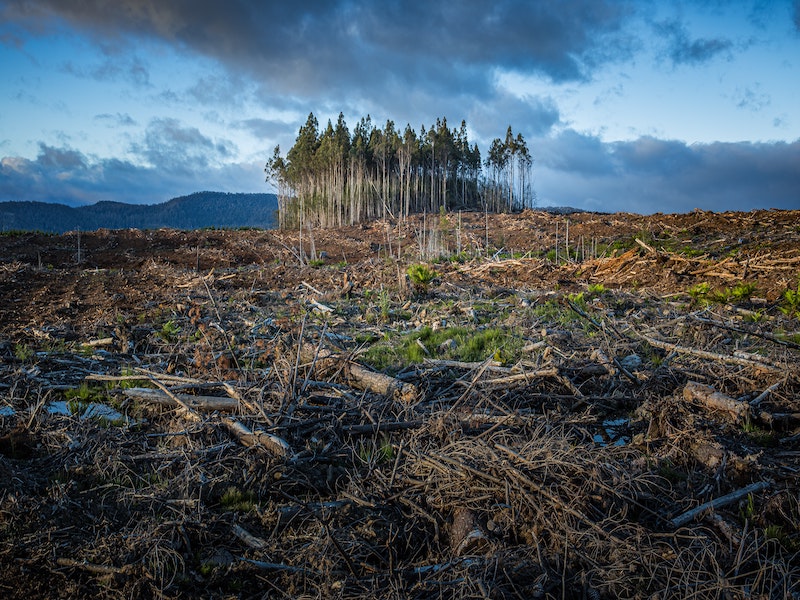Greed and self-interest are being prioritised over the health of the natural world
In the UK, the Conservatives recently gave the green light for a new coal power plant. When Donald Trump came to power in 2016, he made coal a central focus of his economic vision. If Jair Bolsonaro had remained president of Brazil, there was a risk the Amazon Rainforest would collapse, such was the ferocity with which the forest was being deforested. These types of policies have come to define right-wing political parties who all share a nonchalant attitude towards protecting the environment, but why?
Right-wing political parties are all about prioritising the economy and focusing on creating policies that stimulate economic value, regardless of the environmental repercussions. Underlying this argument is a belief that pro-environmental policies are somehow bad for business, which is, in turn, bad for society.
Recent analysis shows that over the next fifty years, if we do nothing about the climate crisis, the damage could amount to $178 trillion in cost. Meanwhile, a rapid transition to a low-carbon economy could see a $43 trillion gain for the global economy. While the belief that being pro-environmental is bad for business is deeply flawed, it helps to justify investments into environmentally harmful markets and industries.
What’s even more alarming about the argument is how can we possibly be pitting nature vs the economy? After all, we depend on the environment for the goods and services that are needed to provide for human needs. Not to mention the natural world forms the basis of economic prosperity. But right-wing parties don’t see it that way. They tend to support the neoliberal belief in the power of the market as the driver of innovation, the fruit of social prosperity and the source of wealth creation.
Within this worldview, the market is the all-encompassing sphere of influence through which everything else exists. This means ‘nature’ only comes into existence when it can be priced and sold on the market. Let’s take a forest as an example. Within the market, the forest is not home to a dizzying array of life connected in highly complex ways. From the market’s perspective, the forest doesn’t exist. It only comes into existence and has relevance once a tree is chopped down and converted into wood. It’s at that point it becomes a resource that can be priced on the market.
The market is seen within a vacuum, detached from the environmental reality it exists within. At its extreme, this total detachment means some economists go as far as to argue that 4°C of warming is optimal.
The inconvenient reality is the more we press ahead with business as usual, the greater the risk that we breach tipping points that lead to radical changes. The challenge is plenty of politicians and economists have a blind faith in the market and the idea it is the solution to all social problems. But it’s a belief that market considerations should be prioritised above all else that has created the problem in the first place. It’s this worldview that translates into the norms, values and conventions that drive human behaviour. And it’s the reason why the economy continues to be pitted against nature as if we can choose whether to prioritise one over the other without any negative consequences.
The thing is, this argument that we should focus on stimulating the economy for the benefit of society has always been a sham. It’s not like the whole of society benefits from the current state of affairs, is it? The economy is set up for one purpose, to make the rich richer. Who cares if the future is wrought by weather extremes that create a hostile environment? The elite know all too well they can keep pursuing their own self-interests because they know they won’t be held accountable for their actions. They also know that their wealth is the best form of protection should the climate crisis start to feel like a crisis. A win-win, they might argue. So long as the myth that prioritising the environment requires social sacrifices, we’ll continue to hurtle towards catastrophe. And that seems to be an entirely satisfactory state of affairs for the winners that reap the rewards of this misconception continuing.



